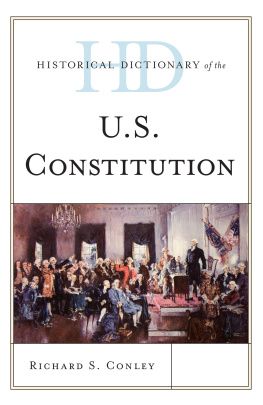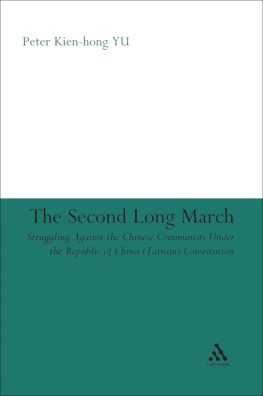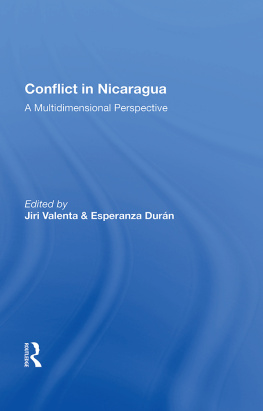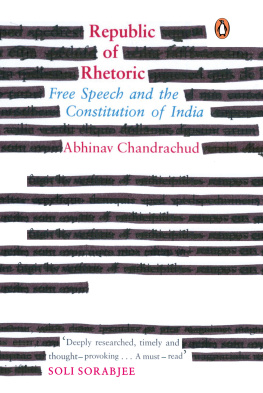RULES OF FRANCHISE.
THE CONSTITUTIONAL COURT.
Table of Contents
By V. JOACHIM .
ELECTIONS TO THE CHAMBER OF DEPUTIES.
Table of Contents
(Act of Parliament of 29. February 1920 No. 123. Code of Laws and Regulations.)
There are 23 parliamentary Constituencies, the smallest of which elect 6 members, the largest (Prague) 45.
The right to vote is enjoyed by every citizen who has attained the age of 21 years and who is entered on the standing List of Voters (see below).
A voter has the right to vote only in one constituency and must record his vote in person.
Any citizen of the Czechoslovak Republic, irrespective of sex who on the day of election has attained the age of 30 years may be elected deputy, provided that he (or she) has been a Czechoslovak citizen for at least three years and has not been legally deprived by the Court of the right to vote.
Every voter entered upon the List of Voters is obliged to vote: an exception, however, is made in favour of persons 70 years of age and over, sick persons etc. (whoever without reasonable grounds of excuse fails to take part in an election is liable to a fine of 20 to 5000 crowns or to a term of imprisonment varying from 24 hours to one month).
***
Twentyone days at the latest, before the election day and not later than 12 oclock noon the various political parties present before the Chairman of the Election Committee of the Constituency, their lists of Candidates. Such lists are only valid if they are attested by the officially confirmed signatures of at least 100 voters whose names appear on the List of Voters for the particular constituency.
To each list of candidates there must be annexed a written declaration, personally signed by all the candidates, to the effect that they accept their nomination as candidates and that their names do not appear with their consent on any other list of candidates and that they have not been nominated in any other constituency.
The Election Committee of the Constituency examines the lists of candidates to see if they conform to the formalities prescribed and to amend them, if necessary, with the assistance of representatives of the political parties.
Fourteen days at the least before the election day the Chairman of the Election Committee publishes in the official journals of the constituency all the valid lists of candidates, indicating the parties, the election number assigned to each, and giving a complete and exact designation of each candidate.
The lists of candidates are then printed in the form of ballot papers, all having the same type and the same size of lettering, being printed on paper of the same colour and form and having the seal of the Election Committee of the constituency affixed to them all in the same place.
The Chairman of the Election Committee of the constituency sends the papers to the local authorities in each community with the request to place them in the hands of the electors three days at the latest before the day of election.
The cost of printing the ballot papers is met as follows: Up to the 31st of December 1924 the State pays two-thirds and the political parties one-third; after the 31st of December 1924 the State pays one half and the parties one half.
A party may, however, declare that it does not desire its list of Candidates (ballot papers) to be sent in the official way, to the voters of certain districts or indeed of the whole constituency, and may at the same time for these districts or for the whole constituency order a definite number of official ballot papers and place them itself in the hands of the electors.
If a party does not deposit at the proper time a certain sum on account to meet the expenses of printing, it is assumed that the party has withdrawn its list and retired from the election.
Printers or persons employed in the printing trade are obliged to carry out the orders of the Chairman of the Election Committee of any constituency issued for the purpose of getting the ballot papers duly printed in good time.
***
Every township is a place of poll. Elections take place on Sundays, polling commencing at 8 oclock a. m.
On the day before the elections, and on the polling day itself it is prohibited to sell or to serve drinks containing alcohol.
The elections take place under the direction of a local electoral committee composedas all other committees are, which assist at electionsof representatives of the various parties.
It is the duty of the electoral committee to make sure that every voter in their district is in possession of all ballot papers which the authorities ought to deliver to him and to see that they are free from erasures or markings of any kind. Where papers are lacking, or have suffered erasure or been marked in any way, the Committee sees to the recipients getting others, so that the voter shall have all the lists of candidates in so far as they should have been delivered to him officially.
The voter receives, further, an official envelope. Every envelope is of the same size, quality and colour, and may not carry any distinguishing mark.
The voter himself places the ballot paper in the envelope. He does this in a booth so arranged that no one can see him and afterwards in the presence of the electoral committee, puts the envelope into the urn. The lists of candidates of which he makes no use he places in a box specially provided for the purpose.
The voter may place in the urn the list of candidates of any party he likes.
***
At the conclusion of the polling the electoral Committee of the constituency makes a first partial scrutiny, that is to say, counts the number of ballot papers given for each party. Even such lists of candidates on which the names of the candidates are struck out or altered are counted in favour of the party to which they belong, so that erasure, or striking out (even if all names be struck out) or alteration have no effect whatsoever. This is the system of the strictly binding lists, as it is called.
On the second day (the Tuesday) following the polls the Election Committee of the constituency meets and on the basis of reports from all the districts composing the constituency, carry out what is called the first scrutiny.
They ascertain the sum total of all valid votes given to the individual parties; this total is then divided by the number of seats allotted to the particular constituency; and the resultant figure (no regard being paid to remainders) is the election number that is, the number of votes necessary to secure the election of one member.
The total number of votes given for each party list is now divided by this election number and the committee allots to each party a number of seats equivalent to the number of times that the election number is contained in the sum total of votes obtained by the party.
The candidates belonging to the different parties are allotted the seats which fall to those parties, in the order in which their names appear on the lists of candidates. If a list of candidates printed as a ballot paper differs from the original list handed in to the Electoral Committee of the Constituency, the contents and the order of the names of the original list have priority.









